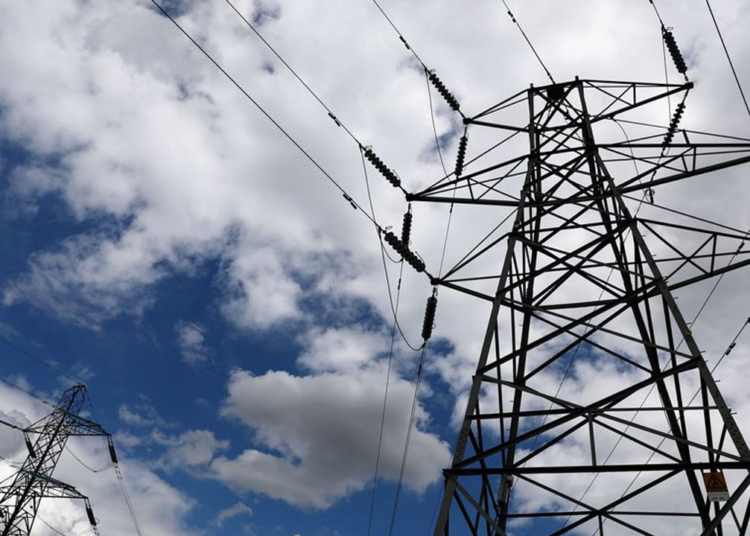The federal government has stressed that it will take necessary steps to ensure fair electricity tariff payment that will protect average and poor household customers.
Though the government neither confirmed nor denied plans to raise the electricity tariff further, LEADERSHIP gathered that the federal government would soon announce a new tariff.
A close presidential source told our correspondent that the tariff for electricity consumers under Bands B to E would be raised in the coming weeks while the tariff for Band A would be reduced slightly to reflect the current appreciation of the naira against the US dollars in recent weeks.
The federal government also said it is currently spending over N200 billion per month on electricity subsidies, but much of this support benefits the wealthiest 25 per cent of Nigerians rather than those who truly need assistance.
LEADERSHIP checks show that Nigeria’s electricity sector faced a significant tariff shortfall in 2024, which escalated over the year.
READ ALSO: Be Ready For Fresh Electricity Tariff Hike, Federal Gov’t Tells Nigerians
By the end of November 2024, the average monthly tariff shortfall increased from N170 billion to approximately N192.17 billion, culminating in a total shortfall of about N768.68 billion for the four-month period from August to November.
The Nigerian Electricity Regulatory Commission (NERC) reported that power generation companies (GenCos) were only paid less than 40 per cent of their invoiced amounts throughout 2024, contributing to a cumulative receivable of N2 trillion and a projected funding shortfall of N1.7 trillion under the Multi-Year Tariff Order.
Though the federal government had committed to paying the electricity subsidy for Band B to E consumers, much of it has remained unpaid, further worsening the liquidity challenge in the sector.
Special adviser to the president on energy, Olu Arowolo Verheijen, in clarifying media account of a possible electricity tariff hike, said the government is committed to ensuring fairer pricing over the long term, and the immediate focus is taking decisive action to deliver more electricity to Nigerians, ensuring fewer outages, and guaranteeing the protection of the poorest and most vulnerable Nigerians.
To achieve these, he said, efforts would be geared towards prioritising metering, debt reduction, and protection of the most vulnerable Nigerians.
This will lead to the rollout of smart meters starting in 2025 to end estimated billing for seven million households.
“It has become necessary to clarify media reports suggesting an imminent 65 per cent increase in electricity tariffs. This is a misrepresentation of what I actually said in a recent press interview. I highlighted that, following the increase in Band A tariffs in 2024, current tariffs now cover approximately 65 per cent of the actual cost of supplying electricity, with the federal government continuing to subsidise the difference,” the presidential aide stressed.
She noted that one of the most significant steps in this reform is the Presidential Metering Initiative, which is accelerating the nationwide rollout of seven million prepaid meters, starting this year.
This will finally end the practice of estimated billing, giving consumers confidence in what they are paying for and ensuring transparency in electricity charges.
She said metering will also improve revenue collection across the sector and attract the investments needed to strengthen Nigeria’s power infrastructure.
Furthermore, Verheijen said, the federal government is addressing one of the major roadblocks to improved service, the mounting debts owed to power generation companies.
For years, these debts have prevented investments in new infrastructure and hampered efforts to improve electricity supply.
By clearing these outstanding obligations, the government ensures that power companies can reinvest in better service delivery, stronger infrastructure, and more stable electricity supply for all Nigerians.
She also said the federal government is working to lower the cost of alternative power sources such as Compressed Natural Gas and Liquified Petroleum Gas.
The government fully understands the economic realities facing citizens and is committed to ensuring that reforms in the power sector lead to tangible improvements in people’s daily lives, she noted.
“Every policy is designed with the Nigerian people in mind — eliminating unfair estimated billing, ensuring that subsidies benefit the right people, and creating the conditions for stable, affordable electricity. These reforms are laying the foundation for better service delivery, expanded access to electricity for homes and businesses, and unlocking prosperity for all Nigerians.” Verheijen said.





